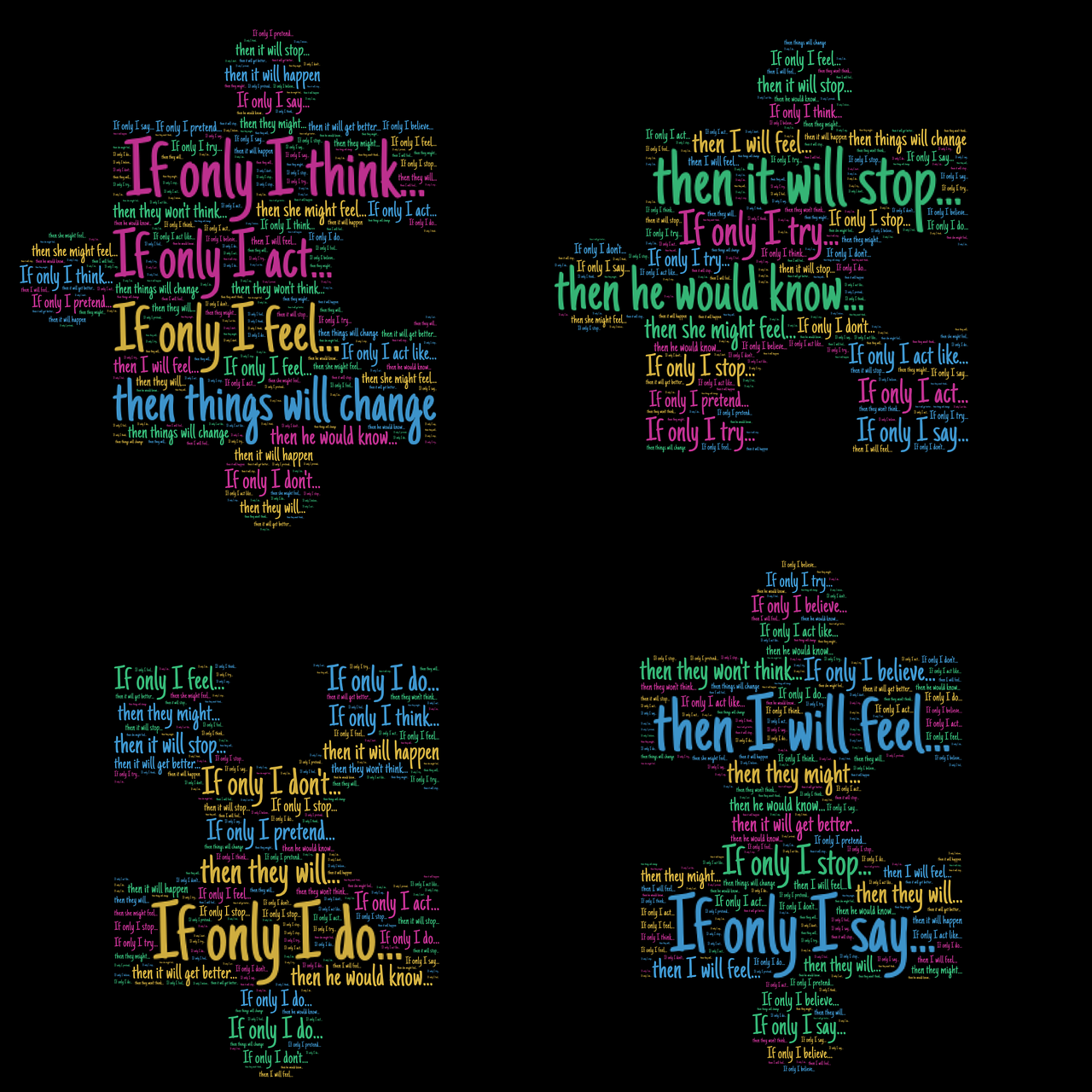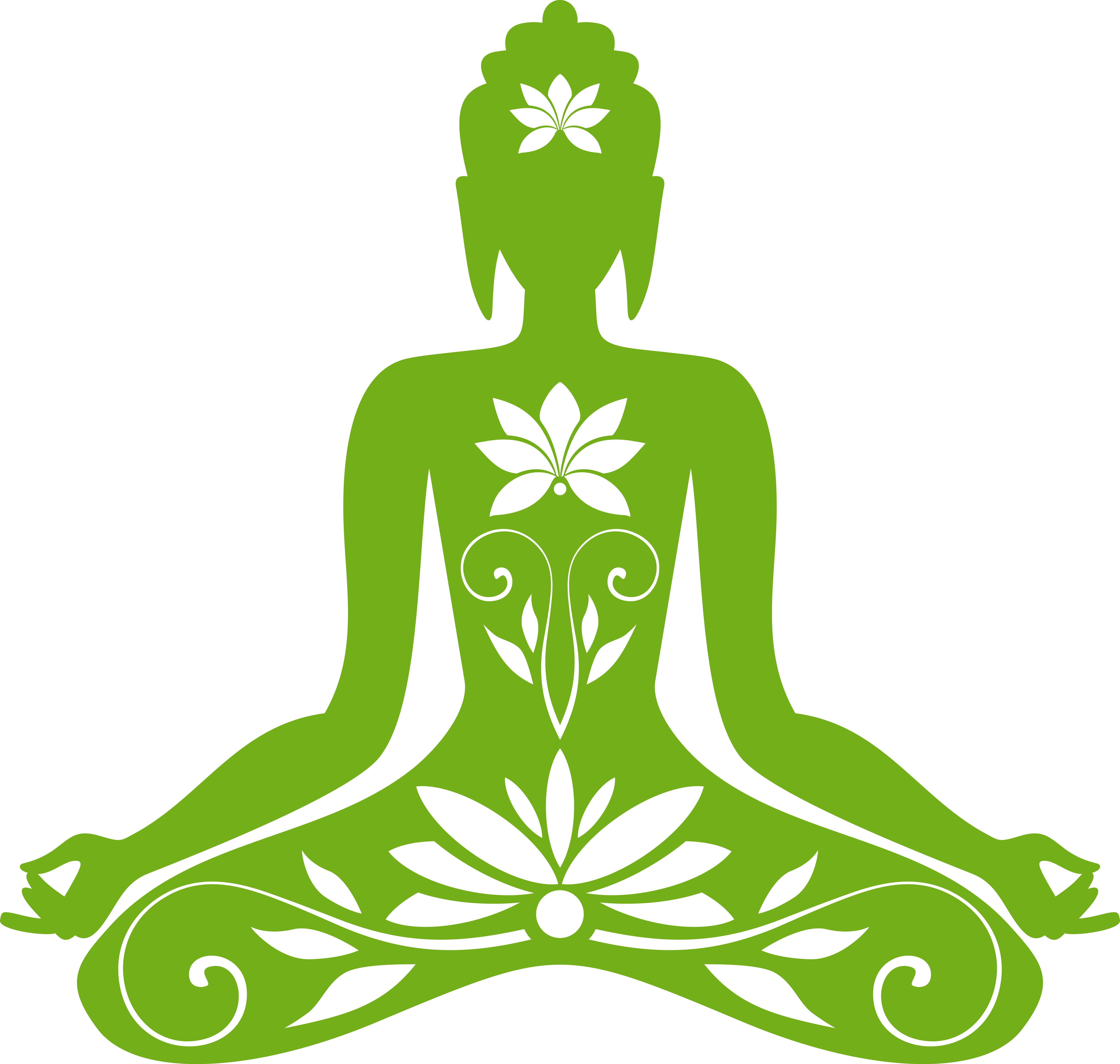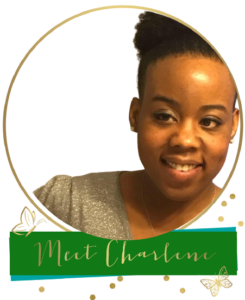Learning to Meditate & Why You Should
Meditating is all the rage made popular in recent years by gurus such as Deepak Chopra and his partnership with Oprah Winfrey. A lot of people understand the value of meditation and why they should incorporate the practice into their daily routines. The problem is they think they don’t know how. Or they say that they’ve tried before and “it didn’t work.” As a certified mindfulness meditation instructor I wanted to give you some helpful hints to getting started.
The first step to practicing meditation is to acknowledge that you can and already do meditate. Whenever you give something your focused attention you are meditating on that thing. You potentially meditate on all of the things around you all the time. Your favorite television show. A piece of artwork. You can meditate on a book. You may have heard people say they are meditating on the word of God. You can meditate on something someone said to you or something you heard. Daydreaming can also be a form of meditation called creative visualization. I could go on and on. As you can see, you already meditate, but it’s mostly on accident and without purpose.
Once you can appreciate that you are already capable of meditating you can practice putting intention and purpose with your meditation sessions. To do this, set aside a specific time when you will meditate on purpose. Make sure you are comfortable and free of distractions. Close your eyes. A great way for beginners to get started is to just focus on their breathing. With each inhale and exhale notice how the breath travels through the upper body and exits through the nose or mouth. The idea is not to judge the breathing or focus on whether it’s fast or slow. You are just giving your undivided attention to your breathing. When you find your thoughts drifting, just bring your attention back to your breath. Congratulations! You are meditating.
When you are practicing meditation what you are basically doing is practicing living in the current moment. This leads to less stress, worry, and anxiety. It also leads to more peace and more clarity. The benefits of meditating extend far beyond just your meditation sessions. You may also find that you perform better in life and have stronger relationships in general. For example, if you are working on a report at work and you’re thinking about how much time you have to finish it and what everyone will think you are working in a state of distraction. You’re not living in that moment. When you’re distracted you’re more likely to make mistakes, omit details, overlook things, etc. Giving your focused attention can alleviate some of this and enable you to produce a better report.
The same thing applies with relationships. If you’re focused on what happened in your last relationship or what the future holds in your current relationship you are not fully focused on the present moment. People can sense when you’re not present mentally, emotionally, or spiritually. Meditation can transform your relationships for this reason.
Making a commitment to center yourself and live life fully present in each moment can transform your life. It can transform how you think about your life experiences. Get started right now (in this moment) by practicing the basic breathing exercise above. You can also listen to my guided meditation below.
Charlene Dior’s Guided Meditation for Beginners
Sign up for Ready? Set. Transform! a monthly newsletter from Charlene Dior that includes a guided monthly meditation in every edition:
[mc4wp_form]








